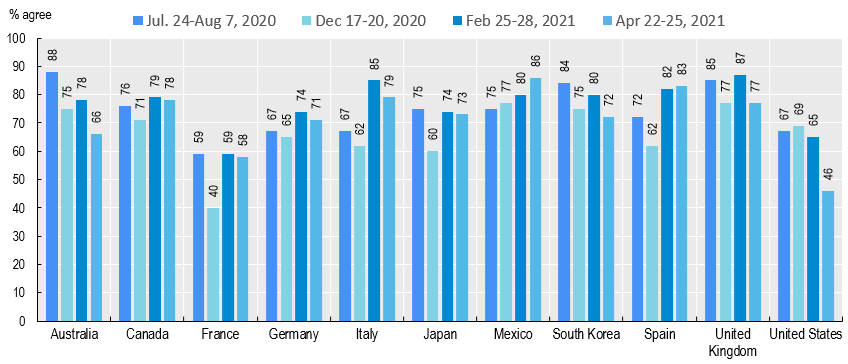Health

Health for the People, by the People
Building People-centred Health Systems
Health systems have to meet the changing needs of an increasingly assertive population
and an ever more complex health policy context. Digitalisation, population ageing,
chronic diseases, new pandemic threats, and evolving expectations of what health services
should deliver – and how – have raised questions of whether health systems meet the
needs and facilitate engagement of the people. Agreement is widespread that a shift
towards more people-centred health systems is needed. But how this is done, and what
a more people-centred health system looks like, is far less settled. The OECD Framework
and Scorecard for People-Centred Health Systems identifies critical dimensions of
people-centredness for health systems and benchmarks the progress countries have made
towards a more people-centred approach to health. It considers the implications of
the COVID-19 pandemic on people-centredness, and identifies key policies – and policy
challenges – to assist the development of more people-centred health systems across
OECD countries.
Published on December 16, 2021
In series:OECD Health Policy Studiesview more titles

 Follow us on Twitter via
Follow us on Twitter via